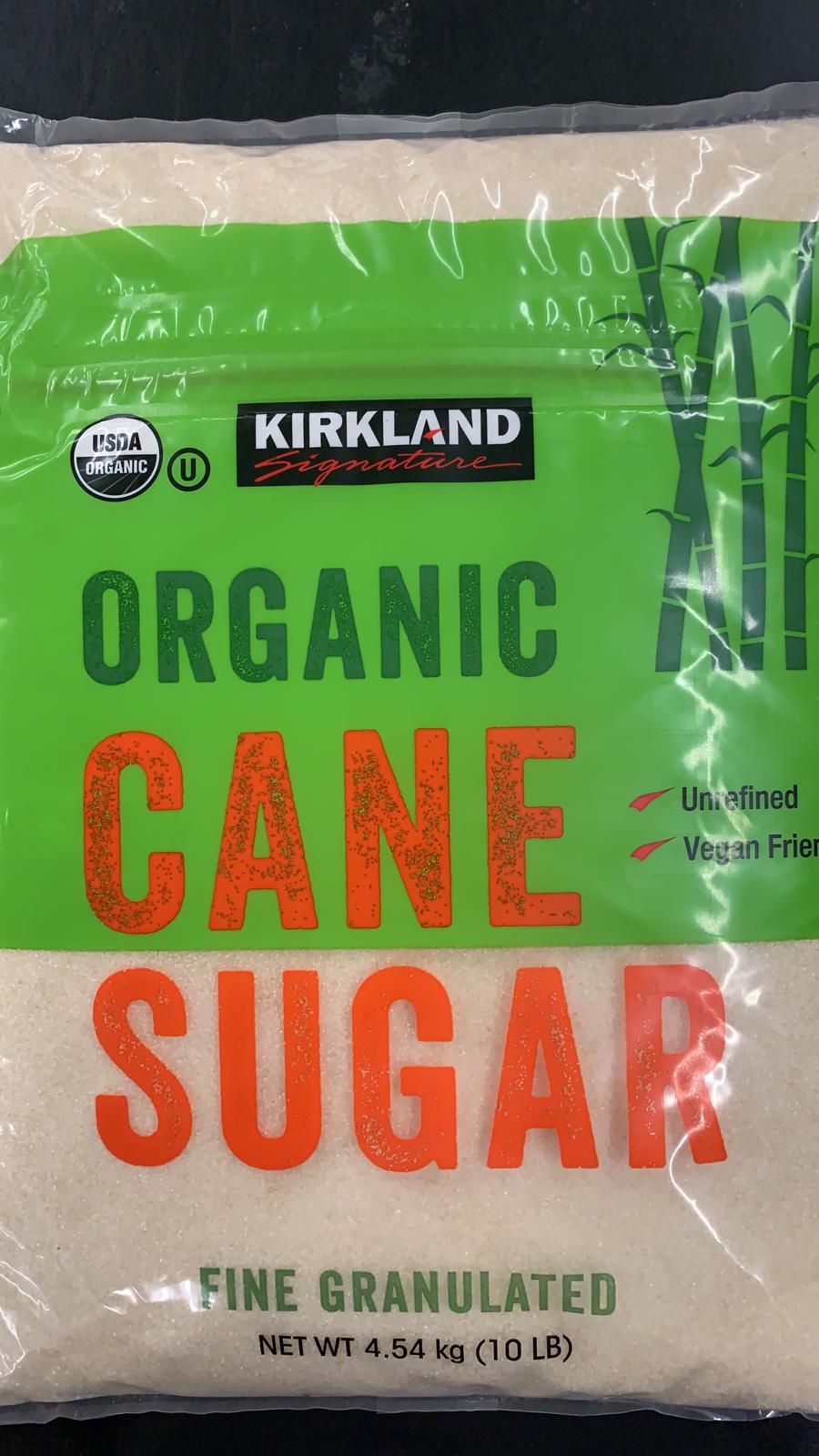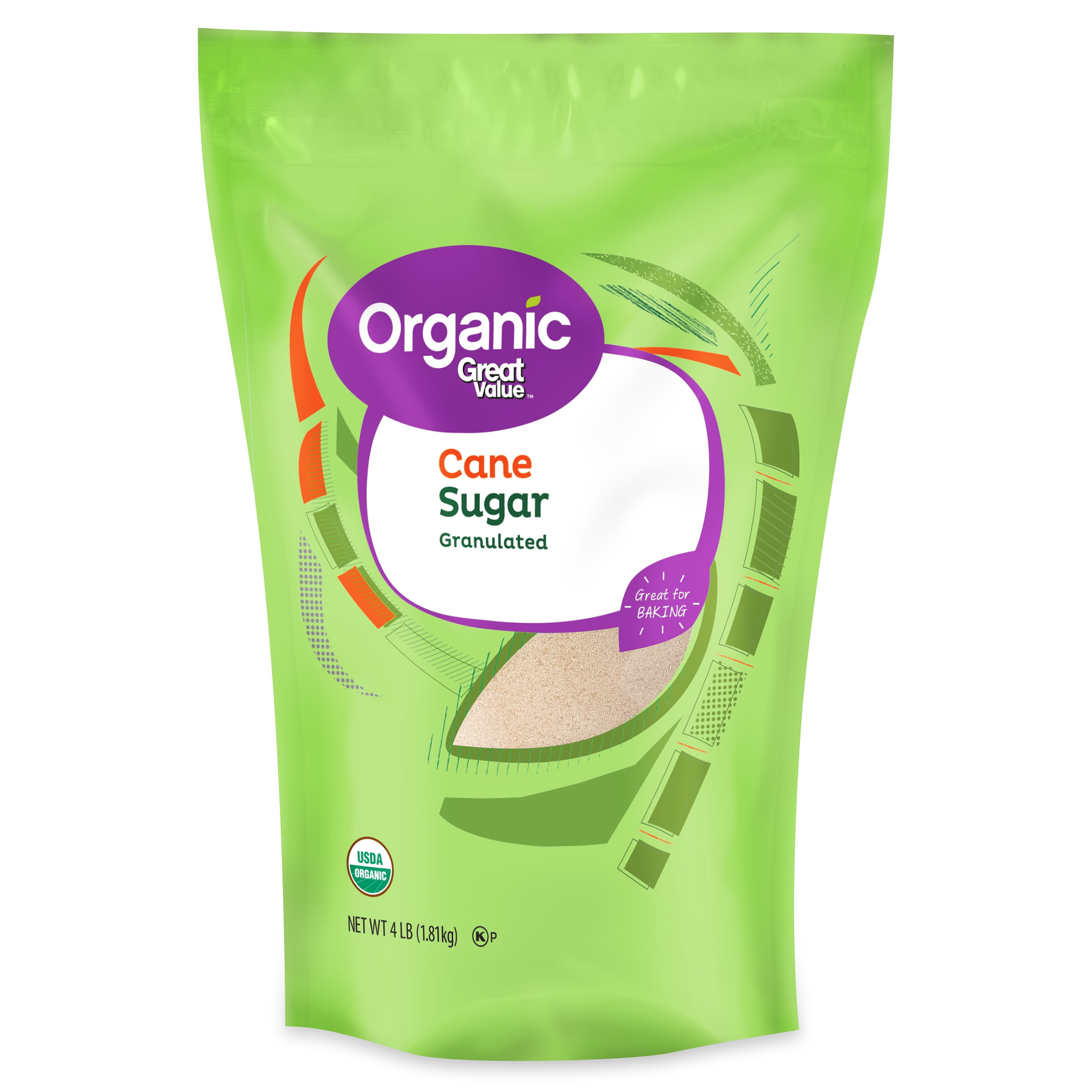Advanced Cane Sugar Processing: Enhancing Efficiency and Sustainability
Advanced Cane Sugar Processing: Enhancing Efficiency and Sustainability
Blog Article
An In-depth Review of the Wellness and Economic Effects of Walking Stick Sugar Handling on Neighborhood Neighborhoods
Walking stick sugar handling plays a critical role in shaping the financial landscape of local neighborhoods, providing work possibilities and boosting supplementary markets. However, the wellness implications connected with high sugar consumption can not be neglected, as they add to climbing prices of excessive weight and diabetes mellitus. This nuanced vibrant welcomes a crucial evaluation of how neighborhoods can optimize financial gains while resolving journalism health difficulties they deal with. The exploration of sustainable techniques and instructional initiatives might just hold the secret to resolving these conflicting rate of interests. What techniques might areas execute to achieve this equilibrium?
Financial Advantages of Cane Sugar Handling
Cane sugar processing uses substantial economic benefits that expand past the instant farming sector. The farming and processing of sugarcane produce various job possibilities, from farming to manufacturing and distribution. This employment generation not just supports local economies yet likewise cultivates area advancement by providing stable income resources for family members.
Additionally, the sugar sector stimulates ancillary businesses, consisting of transportation, devices supply, and packaging solutions (Cane Sugar Processing). As these industries expand, they add to a much more durable financial framework, enhancing total area durability. The export potential of refined walking stick sugar better amplifies economic benefits, positioning regions as affordable players in international markets
Financial investment in modern-day handling centers can result in boosted efficiency and performance, thus reducing waste and enhancing resource use. This change not just profits the local economic climate but additionally sustains sustainability initiatives by minimizing ecological influences.
Furthermore, the profits generated from cane sugar processing can be reinvested in neighborhood infrastructure, education and learning, and medical care, advertising all natural neighborhood growth. On the whole, the economic benefits of cane sugar handling are complex, giving a structure for sustaining success in farming regions.
Health And Wellness Risks Connected With Sugar Consumption
Too much sugar intake positions significant health risks that warrant significant attention. High consumption of included sugars, especially from refined beverages and foods, has been linked to many health issues.
Additionally, high sugar consumption is related to cardiovascular disease. Elevated blood sugar level levels can bring about insulin resistance, a forerunner to different heart-related concerns. In addition, sugar can have destructive results on dental health, leading to tooth cavities and periodontal illness, as germs in the mouth grow on sugar, producing acids that erode tooth enamel.
Additionally, emerging research study suggests a potential link between high sugar intake and mental health and wellness disorders, such as depression and stress and anxiety. As communities grapple with these wellness dangers, it ends up being necessary to promote recognition and encourage healthier dietary choices. Dealing with sugar consumption is critical not just for private health yet additionally for the total well-being of local communities, stressing the requirement for detailed public health and wellness techniques.
Environmental Impacts of Sugar Production
Frequently ignored in discussions concerning sugar's ramifications is the substantial ecological influence of sugar production. The growing of sugarcane typically requires substantial land use, bring about deforestation, loss of biodiversity, and disturbance of local ecosystems. The conversion of woodlands and marshes into sugar ranches can result in habitat damage, harmful many species and altering eco-friendly equilibrium.
Moreover, sugar production is resource-intensive, consuming significant quantities of water for watering. This can bring about depletion have a peek at this site of local water resources, negatively affecting both agricultural techniques and neighborhood access to clean water. In addition, making use of chemical fertilizers and pesticides in sugarcane farming can add to soil deterioration and water contamination, as drainage from these chemicals goes into nearby rivers and lakes, influencing aquatic life and human health.
The ecological footprint encompasses the processing stage, where power intake and waste generation more worsen eco-friendly issues. Air pollution from burning sugarcane fields, along with greenhouse gas exhausts, add to climate change. Therefore, the ecological implications of sugar manufacturing warrant serious consideration, advising stakeholders to take on more sustainable practices to alleviate these unfavorable results on neighborhood environments and communities.
Work Creation and Area Growth
The environmental difficulties presented by sugar production are commonly counterbalanced by its possibility for financial benefits, specifically in job production and area advancement. The cane sugar sector works as a significant resource of work in many rural locations, giving jobs throughout numerous skill degrees, from farming labor to processing and circulation functions. This work not just sustains specific families yet additionally adds to the general economic vitality of local areas.
Furthermore, the establishment of sugar processing facilities stimulates secondary services, such as transport services, tools supply, and maintenance carriers. As these companies flourish, they produce extra tasks and reinforce regional economies. The revenue generated from the sugar sector also results in increased tax obligation earnings, which can be reinvested into neighborhood solutions such as facilities, healthcare, and education and learning growth.
Moreover, the sugar market typically involves in neighborhood growth efforts, such as sustaining regional schools and health programs, thereby improving the high quality of life for citizens. By promoting strong neighborhood connections and promoting economic growth, the walking stick sugar processing market plays an essential role in uplifting neighborhood populations, making it a necessary element of lasting development techniques in sugar-producing regions.
Harmonizing Health and Economic Growth
In navigating the intricacies of walking stick sugar handling, an essential obstacle exists in stabilizing health and wellness factors to consider with economic growth. The sugar sector substantially adds to neighborhood economic climates by generating work, promoting related fields, find out and boosting tax profits. Nonetheless, the health implications connected with extreme sugar consumption can cause chronic conditions such as weight problems, diabetes, and cardiovascular problems, which can burden public health and wellness systems and diminish labor force performance.

Moreover, regulatory frameworks can play a pivotal duty in guiding industry methods in the direction of even more lasting and health-conscious approaches. By cultivating collaboration between government bodies, health companies, and the sugar market, neighborhoods can navigate the duality of health and financial development, ensuring read what he said that the benefits of walking cane sugar processing are equitably shared while focusing on public health.
Verdict
In verdict, the handling of cane sugar provides both significant economic benefits and significant health and wellness dangers for regional areas. While it promotes task development and promotes local development, the involved wellness concerns, particularly relating to excessive weight and diabetes, demand a careful balancing act. By advertising accountable usage and investing in neighborhood education and learning and sustainable techniques, it is possible to maximize economic advantages while lessening negative health impacts, thereby guaranteeing a much healthier future for regional populations.
Additionally, sugar can have destructive results on dental wellness, resulting in tooth cavities and gum illness, as bacteria in the mouth prosper on sugar, creating acids that deteriorate tooth enamel.
Attending to sugar usage is crucial not only for private wellness yet likewise for the overall wellness of regional areas, highlighting the need for comprehensive public health and wellness methods.
Often overlooked in discussions about sugar's ramifications is the considerable environmental effect of sugar production. The wellness ramifications associated with extreme sugar usage can lead to persistent diseases such as obesity, diabetes mellitus, and cardiovascular problems, which can burden public health systems and reduce workforce performance.

Report this page